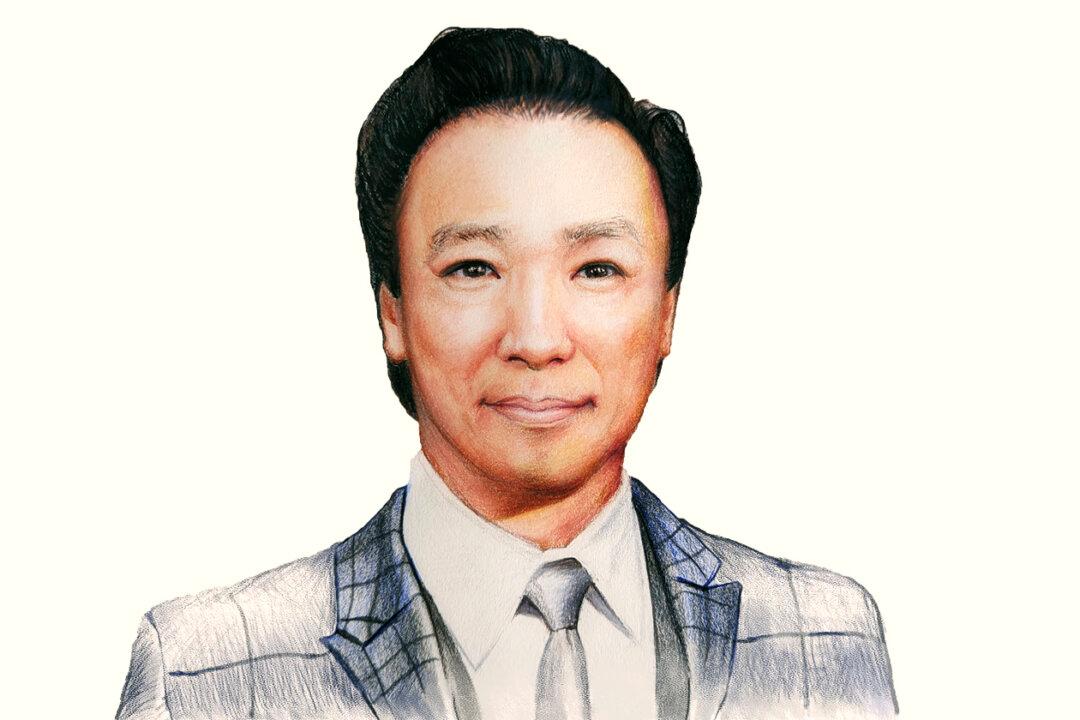“My great-grandfather ran from communism,” Alvin Lui says. “The people that dragged him out of his little bakery shop and beat him weren’t soldiers. They were college kids—the Red Guard. And that’s what they’re creating now with these kids, this revolutionist thinking: to hate America and American values, and to drive a wedge into the family.”
In a recent episode of “American Thought Leaders,” host Jan Jekielek speaks with Lui, president of Courage Is A Habit, which creates resources for parents to help protect their children from ideological indoctrination masquerading as education, from pronoun ideology to “social-emotional learning.”






